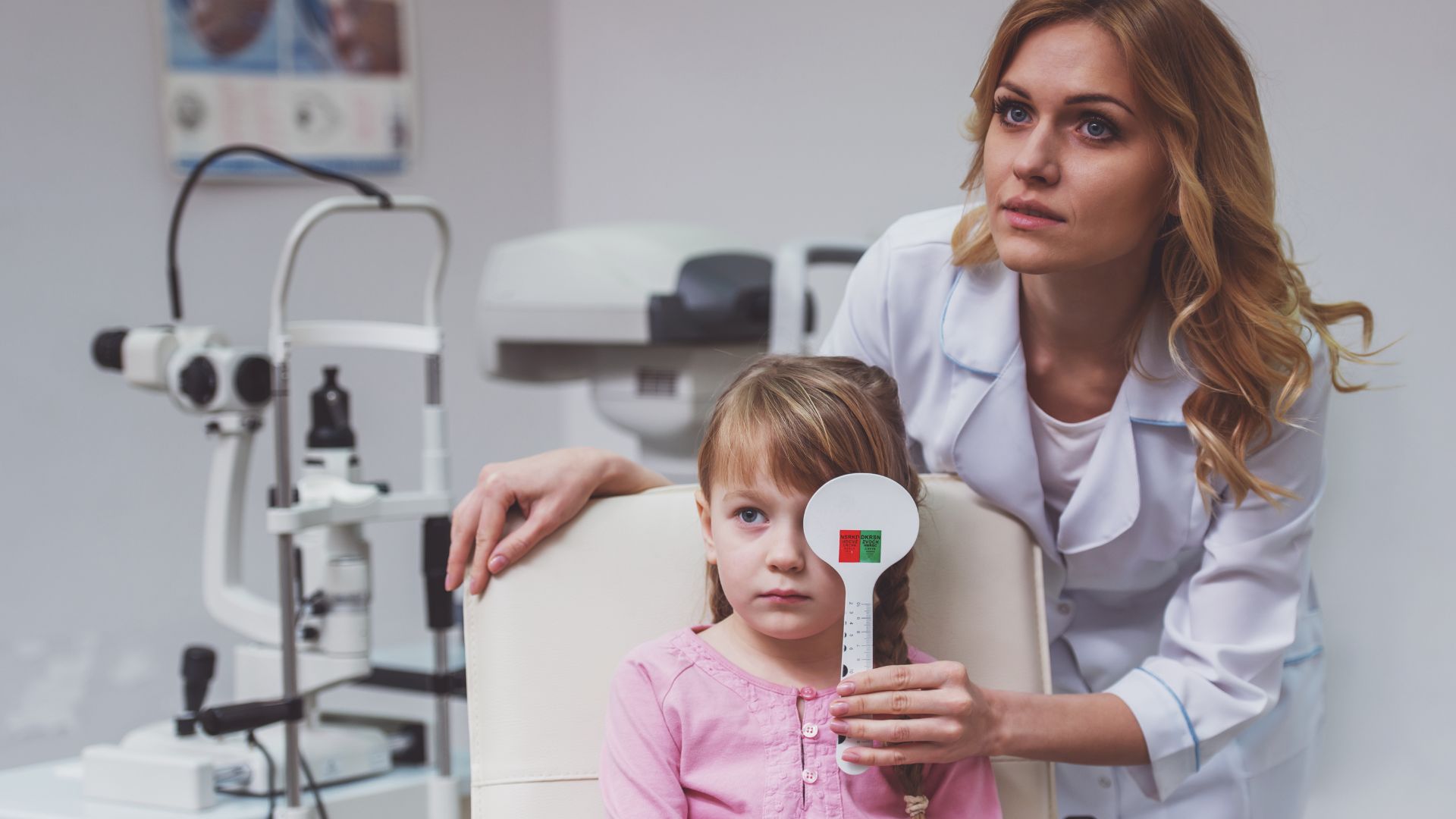Early illness identification and risk evaluation have greatly improved in recent years as a result of the introduction of cutting-edge genetic technology into healthcare. The use of genetic testing in cancer screening is one noteworthy advancement that presents a viable method of identifying those who are more likely to acquire a particular cancer before symptoms show. Although there is a lot of promise in this invention, there are also certain drawbacks that need to be carefully considered.
Getting to Know Genetic Testing for Cancer Screening
As a part of genetic tests DNA of a person is examined in attempt to detect hereditary mutations associated with certain types of cancer. Such tests generally focus on genes that are linked to cancer risk, such as TP53 , BRCA1 and BRCA2 . Rather than providing a diagnosis, the objective of introducing genetic testing to the cancer screening programs is to assess genetic predilections that may eventually increase the occurrence of cancer.
Typically, screening programmes employ the use of bloods, physical examinations, and imaging to detect for abnormalities. But through genetic testing, there is an additional level of accuracy in helping achieve hereditary-based patient stratification. This individualized approach makes possible informed decision making, early treatments and screened techniques.
Restrictions and Issues
- Variants of Indeterminate Importance:
Occasionally, genetic testing can identify DNA alterations known as “variants of uncertain significance” (VUS). These results leave people perplexed and anxious since they don’t offer definitive answers on cancer risk. Genetic counselling is essential for accurate interpretation to prevent making poorly informed judgements.
- Not Every Cancer Has a Family History:
Most cancers are not initiated by inherited mutations, even though genetic testing is useful in cancer screening programs. In reality, genetic causes account for only 5–10% of all cancers. This limits the overall impact of genetic screening when applied on a large scale across the population.
- Physical and Behavioural Effects:
When a high-risk mutation test comes back positive, it can be quite upsetting. Decision-making and mental health may be impacted by fear, anxiety, and thoughts of fatalism. To help people positively interpret the data, it is essential to combine psychological assistance with genetic testing for cancer screening.
- Privacy and Ethical Issues:
The intrinsic personal nature of genetic data raises questions regarding data privacy, possible discrimination, and ethical use. Even while many places have laws protecting people from genetic discrimination, some people are still afraid that testing is being misused.
- Expense and Availability:
Even though the cost of genetic testing has decreased over time, some people may still not be able to afford it or may not have insurance. Furthermore, the efficacy of screening programmes may be limited in poor or rural areas due to limited access to expert genetic counselling services.
The Significant Benefits of Genetic Testing for Cancer Screening
- Personalised Screening Techniques:
Genetic insights enable medical professionals to tailor screening techniques and intervals. For example, more frequent MRI scans or mammograms beginning at a younger age may be beneficial for those with BRCA mutations. For low-risk people, this customised strategy reduces needless procedures while increasing detection rates.
- Early Recognition of Risk:
The capacity to detect people who contain harmful gene variations before any clinical indications of cancer develop is one of the biggest advantages of genetic testing for cancer screening. Prevention efforts like prophylactic surgery or chemoprevention, lifestyle modifications, and proactive surveillance are all supported by this early detection.
- Risk Assessment for Families:
Additionally, genetic testing has effects that go beyond the person. If a genetic cancer problem is identified, family members may be assessed to assess their risk. Early family interventions are encouraged by this cascade testing strategy, which helps spread the advantages of screening throughout generations.
- Taking Charge of Your Health:
Families and individuals are empowered to make educated healthcare decisions when they have access to genetic data. For those who test positive for variants linked to cancer, choices include genetic counselling, lifestyle changes, or participation in cancer prevention clinical trials.
Potential and Prudence in Balance
One significant development in individualised healthcare is the incorporation of genetic testing for cancer screening into routine medical practice. Testing must be handled carefully, though, to optimise advantages and reduce disadvantages. Instead of universal screening, clinical recommendations advocate genetic testing for those with personal or family histories indicative of hereditary cancer disorders.
Establishing eligibility, interpreting data, and helping patients make difficult decisions are all crucial tasks for healthcare professionals. For the best results, multidisciplinary co-operation between oncologists, genetic counsellors, and primary care specialists is necessary.
Last Remarks
The field of cancer risk assessment and early diagnosis has changed as a result of genetic testing. It facilitates precision medical approaches that help people and families by providing a better knowledge of hereditary predispositions. It does have certain limits, though.
To guarantee that genetic testing in cancer screening programmes produces significant health benefits while preventing unforeseen repercussions, transparent discourse, ethical procedures, and evidence-based management are essential. Ongoing study, instruction, and policy creation will be essential in determining the field’s responsible and efficient usage as it develops.











